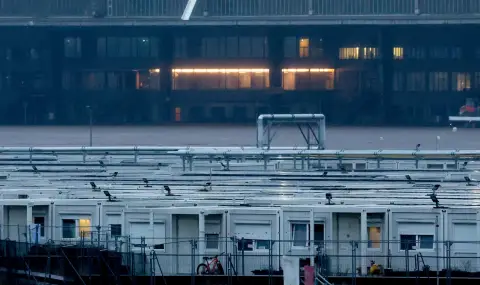German Interior Minister Nancy Feser said she plans to extend border controls beyond March 2025, citing the success in curbing illegal migration and combating human smuggling, DPA reported, quoted by BTA.
"Our comprehensive measures to curb illegal migration and combat human trafficking are working," Feser told the "Augsburger Allgemeine" newspaper. She added that the controls would be necessary until the European Union significantly strengthened the protection of its external borders.
In mid-September, Germany's Interior Ministry decided to increase checks at all of the country's land borders to curb illegal migration. Until then, police had been carrying out checks at the borders with Poland, the Czech Republic, Austria and Switzerland, where the controls were initially only introduced temporarily. Checks at the land borders with Denmark, Belgium, the Netherlands and Luxembourg are relatively new and were introduced in mid-September, DPA notes.
Germany, as well as all the countries it borders, are members of the Schengen area, which means that people can cross the borders without the need for visas or checks. Schengen rules allow member states to introduce temporary controls at their borders. Border controls at the German border are limited to six months, but can be renewed. Checks at the German-Austrian border, for example, were first introduced temporarily in 2015, but have been applied without interruption since then, DPA notes.
According to police data from last month, 6,889 attempts to illegally enter the country were prevented in October. The figures are very similar to the number of people stopped in September. According to the Federal Police, the number was between 7,000 and 7,800 each month from March to August, and was lower in January (6,906) and February (5,998).
